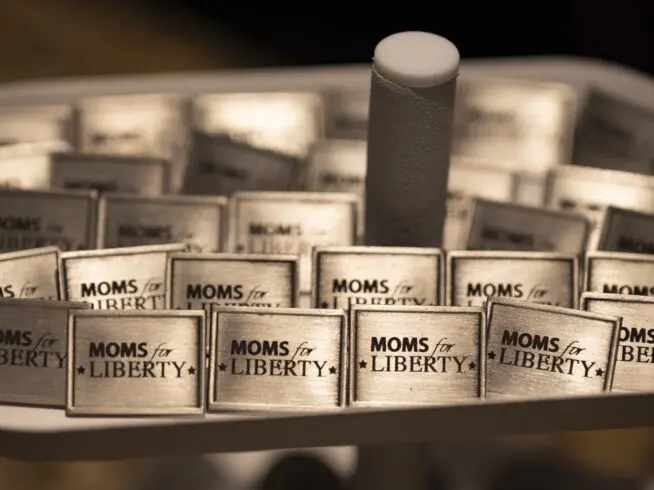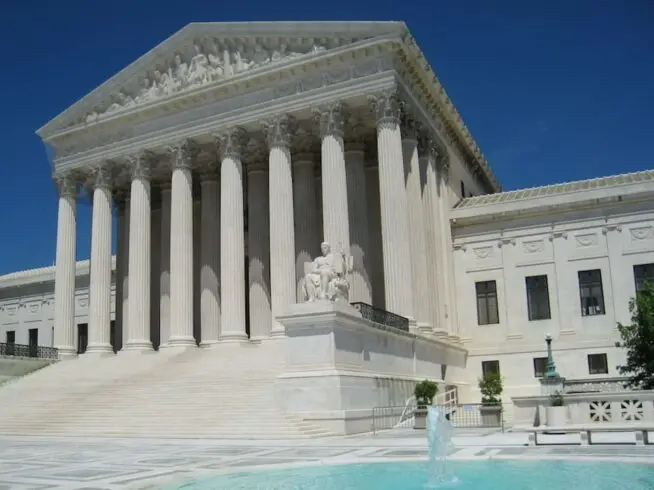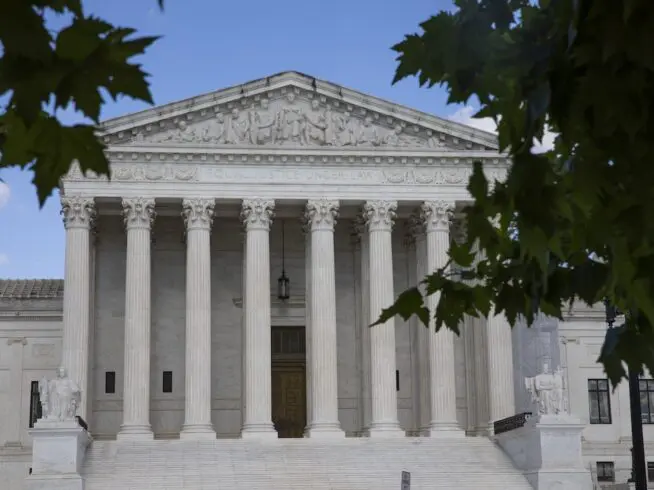Pennsylvania House passes landmark legislation protecting contraception
‘Today’s vote is an important first step to ensuring access to contraception for all Pennsylvanians who need, want, and deserve it,’ said bill sponsor Rep. Leanne Krueger.

On June 25, just one day after the nation marked the second anniversary of the U.S. Supreme Court ruling in Dobbs v. Jackson Women’s Health Organization, which ended the constitutional right to abortion, the Pennsylvania House of Representatives voted 133-69 to protect access to contraception.
The landmark legislation requires that both private and government health insurance policies, including those administered by Medicaid, cover birth control approved by the U.S. Food and Drug Administration without co-pays or deductibles — including emergency and over-the-counter oral contraception.
“All of that is game-changing because it ensures access, but it also ensures that everyone will be able to afford these medications regardless of their financial status because there is no cost to the patient,” Democratic Rep. Leanne Krueger, the bill’s sponsor, told the Pennsylvania Independent.
In addition to preventing pregnancy, contraception can be used to help relieve pain and decrease bleeding associated with the menstrual cycle, regulate periods, help alleviate the symptoms of endometriosis, protect against certain cancers, and balance hormones to treat acne and prevent some migraines.
The right to contraception post-Roe is an issue abortion rights activists have long been concerned about. Republicans have signaled in various ways their intent to restrict access to it.
On June 5, the U.S. Senate voted on the Right to Contraception Act, a bill intended “To protect an individual’s ability to access contraceptives and to engage in contraception and to protect a health care provider’s ability to provide contraceptives, contraception, and information related to contraception.”
Senate Republicans blocked the bill.
On May 21, when former President Donald Trump, the presumptive Republican nominee for president, was asked about restricting access to birth control, he said, “We’re looking at that, and I’m going to have a policy on that very shortly, and I think it’s something that you’ll find interesting.”
Hours later, on his Truth Social account, he walked back his earlier statements and posted that he wouldn’t support restrictions on contraception and had never supported a ban.
Anti-abortion advocates have also been making a concerted effort to conflate contraception with abortion by redefining birth control, including intrauterine devices or IUDs, as abortifacients, drugs that induce an abortion.
In a January policy paper, the Idaho Family Policy Center, a conservative Christian anti-abortion think tank, wrote to state lawmakers recommending a ban on emergency contraception and IUDs. They argued that morning-after pills such as Plan B, Julie, and Ella are abortifacients.
It’s these kinds of attacks on reproductive rights that prompted Krueger’s legislation, the lawmaker said. She has introduced the bill in every session since 2020, but it wasn’t until Democrats took control of the state House last year that it was able to pass.
“With federal protections gone, with reproductive access becoming a states’ rights issue, there was no protection in Pennsylvania state law for contraceptive access before the vote on this bill, and it’s more important than ever that we make sure that folks have access at the state level,” Krueger said.
The bill now heads to the Republican-controlled state Senate for consideration. Krueger hopes the Republican support at the House level will translate to GOP support in the Senate. Thirty-two Republicans voted for the House bill.
“The vote was better than I expected, and I have to admit, I think that our Republican colleagues have gotten the message that contraceptive access is wildly popular, both with Democrats and Republicans, and people don’t want politicians messing with their health care,” Krueger said.




